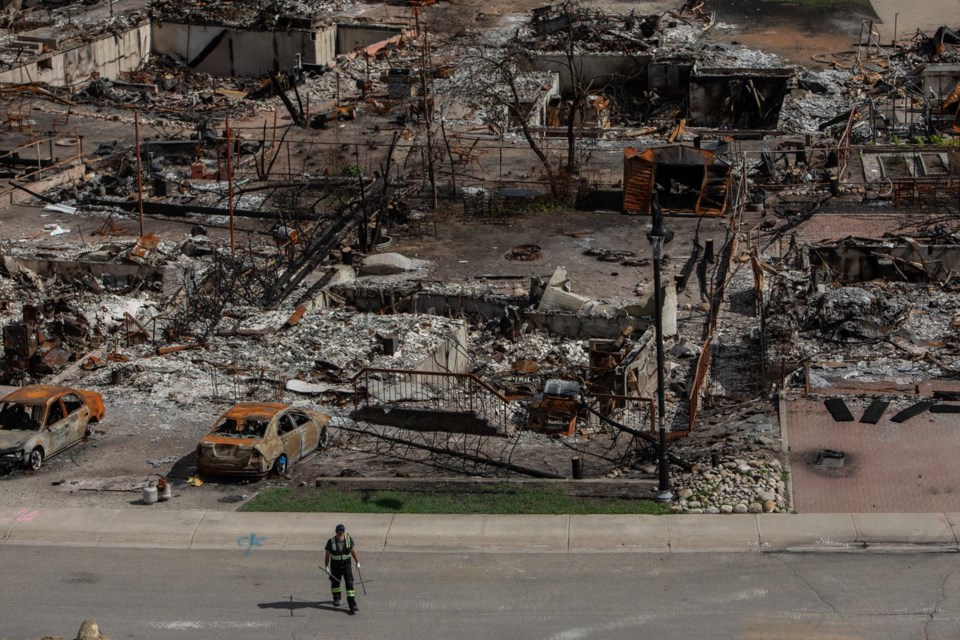A new study says planet-warming emissions from Canada's record-breaking 2023 wildfire season were quadruple the country's fossil emissions for all of the previous year and on par with some of the most high-emitting countries.
The study penned by researchers at NASA, and published in the journal Nature, says only China, India and the United States release more carbon per year than Canada's 2023 wildfires from May to September.
Lead author Brendan Byrne called the results "pretty shocking," and says it raises questions about whether Canada's boreal forest can be relied on in the future to absorb more carbon than it emits.
He says it's estimated the world's forests absorb about 25 per cent of human emissions and any reduction in their ability to store that carbon will have to be reflected in revised global climate targets.
The study says extreme hot and dry conditions helped drive wildfires that burned through four per cent of Canada's forest area and led to 232,000 people evacuated.
It says climate models project that those conditions may become normal by mid-century and lead to increased fire activity.
The Canadian Press
